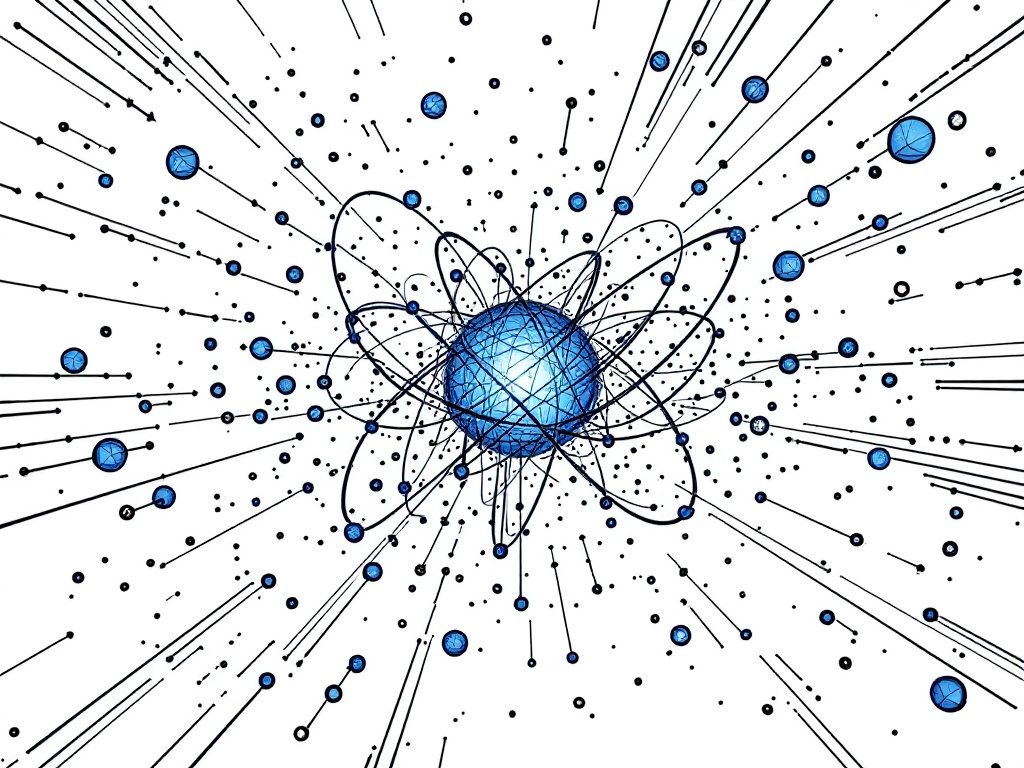AI Revolutionizes Quantum Entanglement Creation

Worldwide, Monday, 9 December 2024.
An AI tool has enabled researchers to develop a simpler method for creating quantum entanglement between photons without pre-entangled pairs, potentially transforming quantum communication and computing.
Groundbreaking AI Discovery
On December 6, 2024, an international research team led by scientists from Nanjing University and the Max Planck Institute for the Science of Light published their revolutionary findings in Physical Review Letters [1]. The breakthrough came through an AI tool named PyTheus, which revealed a simpler approach to quantum entanglement that challenges over 25 years of conventional wisdom in the field [1]. This discovery sidesteps the traditional requirement for pre-entangled pairs and Bell-state measurements, instead utilizing the indistinguishability of photon paths to create entanglement [1][2].
Technical Innovation and Impact
The AI-driven method employs a reinforcement learning system that improved through trial-and-error simulations to optimize entanglement generation [2]. This approach has significant implications for quantum computing and communications, particularly in areas such as banking, cybersecurity, and defense [2]. As Mario Krenn, research group leader at the Max Planck Institute for the Science of Light, noted, ‘We discovered this idea coincidentally while applying PyTheus to quantum protocols’ [1].
Future Implications and Challenges
The breakthrough is expected to enhance both the stability and scalability of quantum entangled states, which are essential for quantum computing applications [2]. However, researchers acknowledge several challenges ahead, including the need to scale the method for realistic network lengths and larger photon numbers [1]. Additionally, questions remain regarding the interpretability of AI-generated solutions and ethical concerns surrounding ‘black box’ AI systems that lack transparency [2].
Quantum Research Landscape
This discovery comes amid a surge of quantum physics breakthroughs in late 2024. Recent developments include advancements in measuring extremely small surfaces and distances [3], and progress in understanding complex disordered magnetic properties [3]. The intersection of AI and quantum research continues to yield promising results, suggesting a future where quantum technologies become increasingly practical for real-world applications [2].